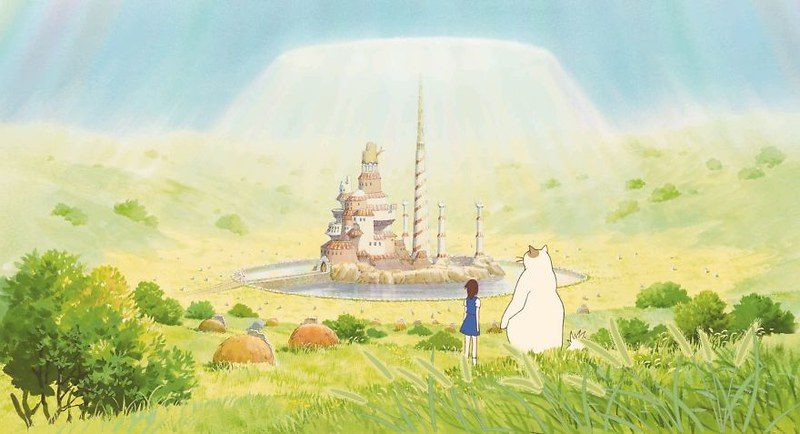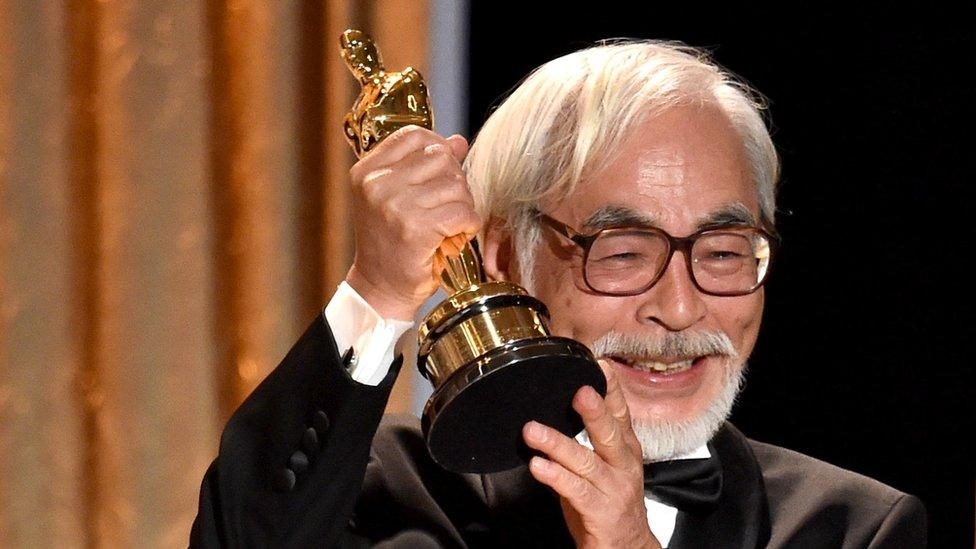Japanese publishers, including the celebrated Studio Ghibli, have urged OpenAI to stop using their copyrighted material for AI training without permission. The Content Overseas Distribution Association (CODA), representing these creators, sent a formal request following concerns over OpenAI’s use of protected works in its generative AI tools.
Studio Ghibli, known for films like “Spirited Away” and “My Neighbour Totoro,” has featured prominently as users employed ChatGPT’s image generator to create art mimicking the studio’s style. Even OpenAI’s CEO, Sam Altman, embraced this trend with a Ghibli-inspired profile picture. The introduction of OpenAI’s Sora app, which generates videos using CODA members’ content, intensified calls for a halt to unauthorised training.
OpenAI’s practice of using copyrighted works without prior consent has led to criticisms, with companies like Nintendo and the estate of Dr Martin Luther King Jr. raising objections—especially given risks of deepfake misuse.

While legal actions are possible, U.S. copyright laws have remained largely unchanged since 1976, causing uncertainty. A recent court ruling allowed another AI firm, Anthropic, to train on copyrighted books but fined it for illegally sourced copies.
Japan’s CODA insists that under domestic law, using copyrighted material for AI training without prior permission is infringement. They highlighted that reproducing specific works during AI training, as with OpenAI’s Sora 2, could violate copyright rules which do not permit liability avoidance through post-use objections.
Hayao Miyazaki, Studio Ghibli’s co-founder, has previously expressed strong discomfort with AI art, calling it “an insult to life itself.”

